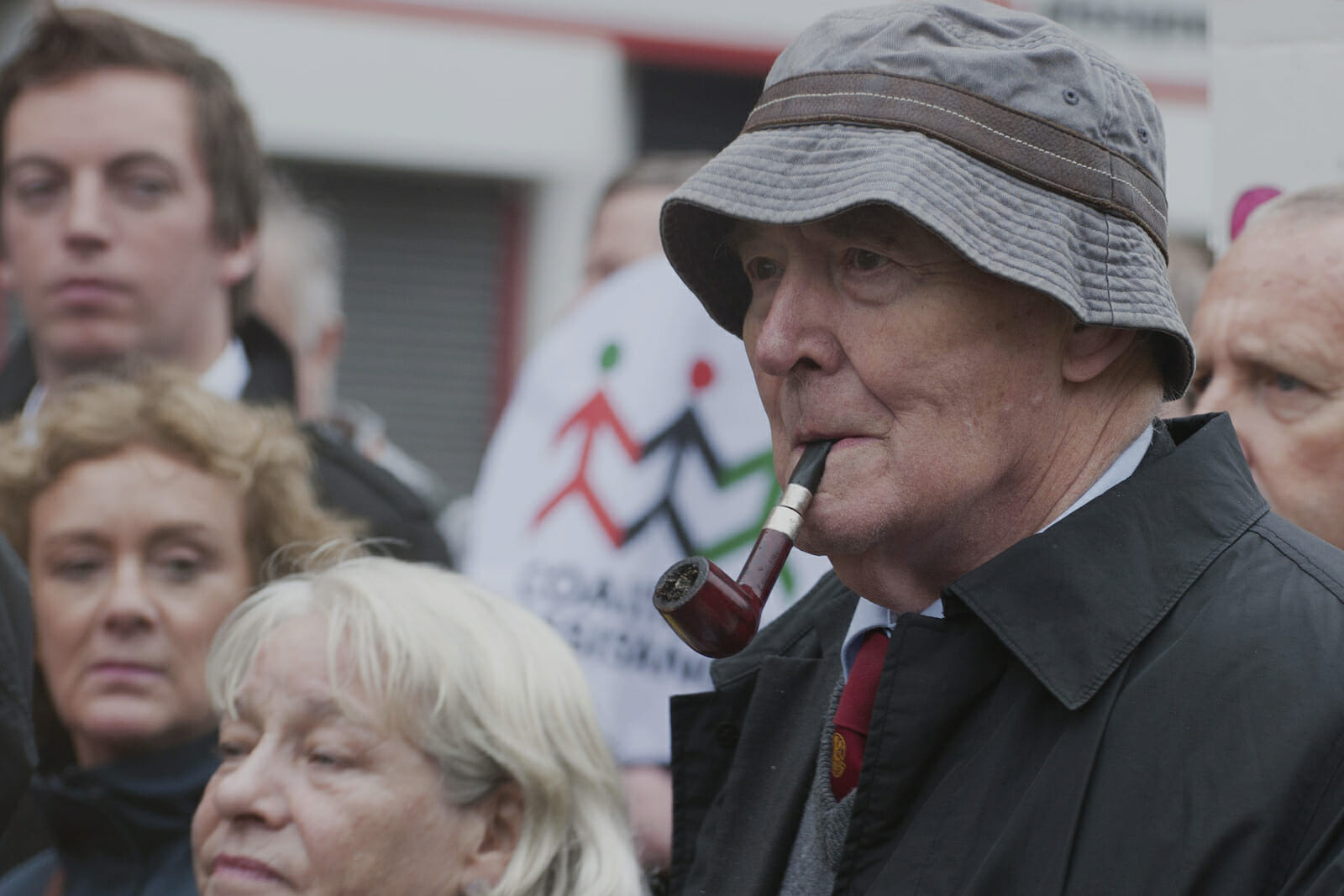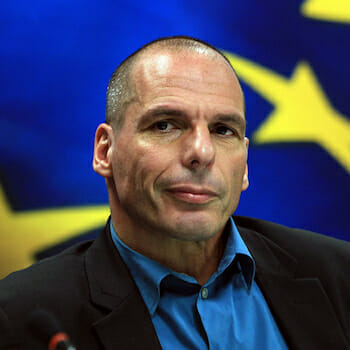
Remembering Tony Benn
Tony Benn’s passing saddened and concentrated my mind. His was the voice that resonated with (a much younger version of) me most powerfully immediately after I moved to England in 1978.
I was attracted instantly to the combination of his commitment to the progressive history and potential of British Parliamentarianism, his passionate anti-imperialist pacifism, his relentless socialist critique of capitalism, and his stupendous eloquence. But there was something beyond that: He stood opposite Mrs. Margaret Thatcher as one of the few members of the opposition interested in, and capable of, conviction politics. In an age of increasing spin, Tony Benn was solid in his support of political causes independently of political expediency. He was a rock rather than a weathercock.
Tony Benn’s was a disturbing voice on Europe. Unlike his colleague on the Labour Left (and my good friend) Stuart Holland, Benn was deeply sceptical of Brussels and of the whole European Union enterprise. He opposed Britain’s membership of the European Economic Community and maintained what might be called a Euro-sceptic stance throughout his political life.
But, and this is crucial, his Euro-scepticism was based on radical solidarity with the people of Europe, as opposed to UKIP’s xenophobia or the Tories’ thinly disguised superiority complex. He believed that Brussels was a fundamentally anti-democratic set of institutions whose increasing power would be detrimental to the interests of Europe’s peoples. Recent developments, I fear, suggest that Tony Benn’s left-wing assessment was on history’s right side.
My only meeting with him took place during the miners’ strike of 1984. It was brief. But it allowed me a glimpse of the man’s warmth, passion, and intellect. Those were sad times, as we were witnessing the wholesale destruction of communities around Britain that never recovered since, the result being the rise and rise of the spivs whose rule remains, more or less, uncontested to this day.
Tony Benn ended up a defeated political giant. But his defeat I feel like mine too. It is the defeat that has allowed neoliberalism to drag our societies into a deep and terrible mire. Now, without Tony Benn, it is also a hollower mire.
Benn’s parting shot from Parliament, when he decided not to contest the 2001 election, was a classic: “Having served for nearly half a century in the House of Commons, I now want more time to devote to politics and more freedom to do so,” he said. I often plagiarise him when asked whether I shall stand for Parliament in Greece, declaring that I shall not be doing so because I need to dedicate as much of my time to politics as possible.
I finish off with two other typical Bennite quotes: In 1992 Tony Benn said, “I opposed the Suez war, I opposed the Falklands war. I opposed the Libyan bombing and I opposed the Gulf war and I never believed that any of those principled arguments lost a single vote – indeed, I think they gained support though that was not why you did it. What has been lacking in Labour politics over a long period is a principled stand.” And in a speech to the 1976 Labour Party Conference, “We are paying a heavy political price for 20 years in which, as a party, we have played down our criticism of capitalism and soft-peddled our advocacy of socialism.”
